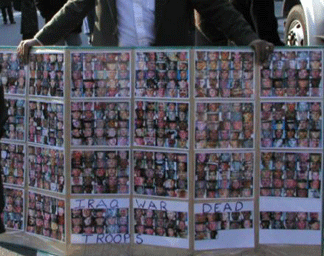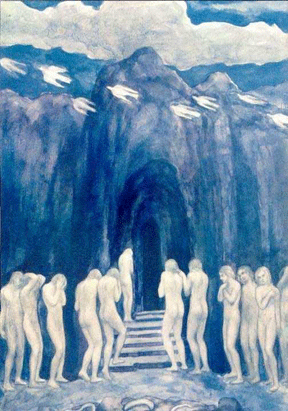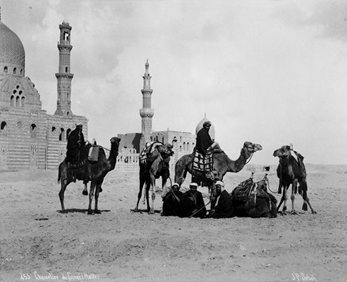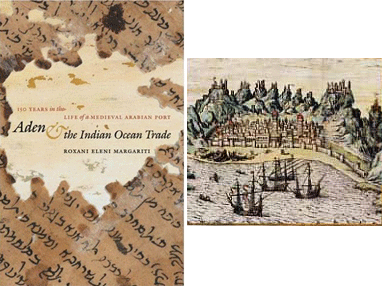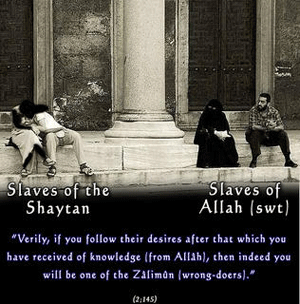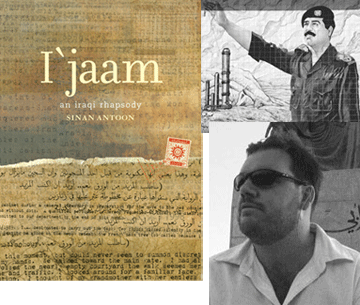
Things can’t get worse; they can only get worse. No, this is not poor grammar or end-of-semester illogic but my first impression after listening to the hard-to-digest dollop of the morning news. Another suicide bomb killed and maimed scores in Iraq, this time in the Kurdish town of Irbil. The Bush administration suggests that things are getting better in Baghdad since the wall-less security crackdown, but that is debatable. What is not open to debate is that other parts of the country continue to spiral in insecurity, perhaps due in part to the targeted crackdown in one place. None of this seems to matter to Vice-President Cheney who has made a surprise visit to the Green Zone, mainly it seems to convince the Iraqi parliament not to take a summer vacation this year and be nice about dividing up the spoils of America’s, I mean Iraq’s, oil profits.
In this case it is not only the shit hitting the fan, but the gold as well. Gold as in Fort Dix (Fort Knox or whatever…) but I hope not a golden journalistic award to a local newspaper. Continue reading The Fort Dix Deep Six
